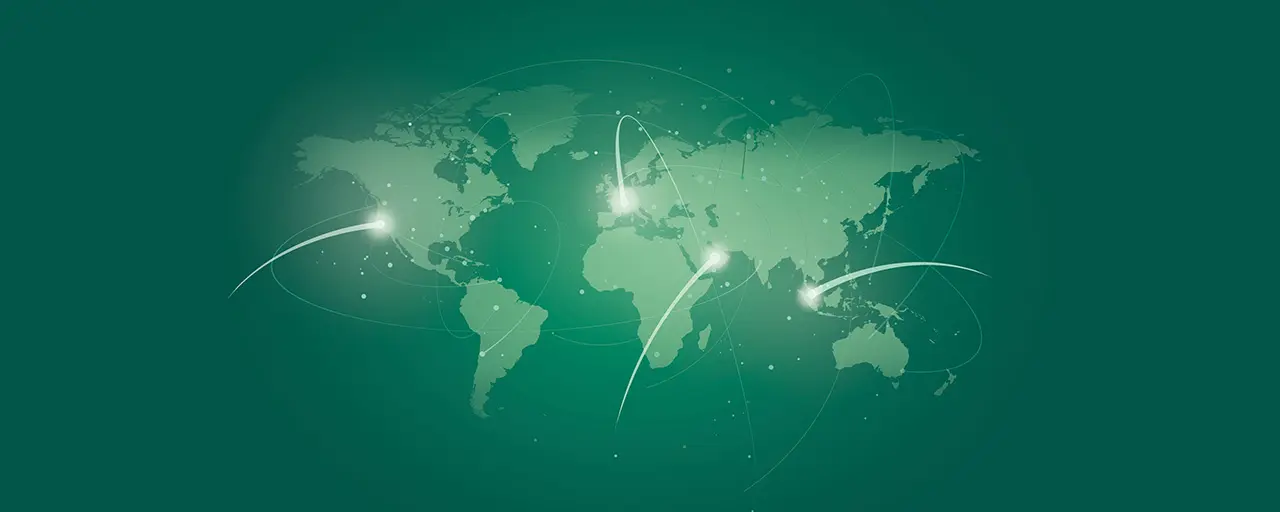
Study carried out by INSEAD shows why economic recovery and equity need not be antinomic
INSEAD, the leading international business school revealed today the results of a report, developed by Bruno Lanvin, Executive Director of INSEAD eLab and Ludo Van der Heyden, Mubadala Chaired Professor in Corporate Governance and Strategy at INSEAD, on reconciling competitiveness and equity. More than 600 INSEAD alumni and MBA students answered a questionnaire taking an audit of different conceptions of justice in France. These subjects will be at the heart of the debates and roundtable discussions organised during the seventh edition of the "Etats de la France" (The States of France) on the current economic, social, international and political situation of the country.
"The purpose of The States of France is to carry out an "audit" of France, by taking a snapshot of France in its diverse aspects (economic, social, political and international), and to debate the sources of its competitiveness and therefore its attractiveness for the major global corporations," explained Denis Zervudacki, Founder and Chief Executive Officer of D.Z.A. This annual event, of which INSEAD is a partner, and which this year is supported by five major multinationals (Accenture, Adecco Groupe France, BASF France, General Electric and Siemens), will bring together more than 400 presidents and executives of multinational corporations with the purpose of providing them with the tools necessary to encourage their firms to invest in France. The continuation of incoming foreign investment is of critical importance for France. Business with foreign capital creates wealth in France, this community represents a third of French GDP, a fourth of its industrial jobs, 34% of industrial exports, 27% of industrial investment and 20% of R&D expenditures.
The INSEAD study demonstrates the crucial need for France to reconcile equity and competitiveness. This reconciliation rests more on the adoption of more fairness in the way in which France is governed and makes its major decisions. The report shows that the French crisis results more from a deficit of procedural justice (fair play) in particular in the economic area, than from a deficit in distributive justice (fair share) in the social area. In fact, procedural justice rests on five values which guide the major actors and decision-makers and their behaviour: transparency, communication, equality of treatment for actors, the capacity to change decisions on the basis of new facts and an ethic of justice.” In a period of economic recession, justice consists more in equitably distributing the weight of adjustments than the fruits of growth. In such a context, where social cohesion is a vital ingredient of change, reconciling fairness and competitiveness ceases to be a long term ideal and becomes an urgent priority and a key to successful change,” said Bruno Lanvin, Executive Director of INSEAD’s eLab Centre. For France going forward, solutions will emanate from greater fairness – and less ideology – by the major actors of France's governance.
The INSEAD study argues that economic efficiency and equity are not antinomic on condition of finding a better balance between social justice and economic justice, which entails granting a more important role to merit. It is also a question of reinforcing equitable behaviour, based on transparency and exchange between the principal actors, of adopting a method that is more just, grounded on ongoing dialogue, emphasising confrontation (thesis-antithesis), then compromise and finding a middle ground (synthesis). "France is ill with injustice – not so much social injustice as economic injustice, and above all, with injustice in the governance of the debate concerning the major issues confronting the country. These are debated with insufficient impartiality which means that the real questions are not asked and, consequently, the right answers are not found. As I see it, it is here that the essence of the tragedy of France lies: it is an extraordinary country with numerous resources, but it requires governance that is more just," says Ludo Van der Heyden.
The ambition of the States of France is to mobilise the major multinational groups, both "foreign and patriotic" and arm their French representatives, supporting them in their plea pro domo. The 2012 edition of the States of France 2012 brings together the best experts and connoisseurs of France, both French and foreign, at the heart of the debates, opening with a kickoff address by Angel Gurria, Secretary General of the OECD, and closing with remarks by Arnaud Montebourg, French Minister of Industrial Recovery; between the two, a lecture by Cédric Villani, mathematician and 2010 winner of the Fields Medal
Please find more information on the States of France here:
www.lesetatsdelafrance.com
